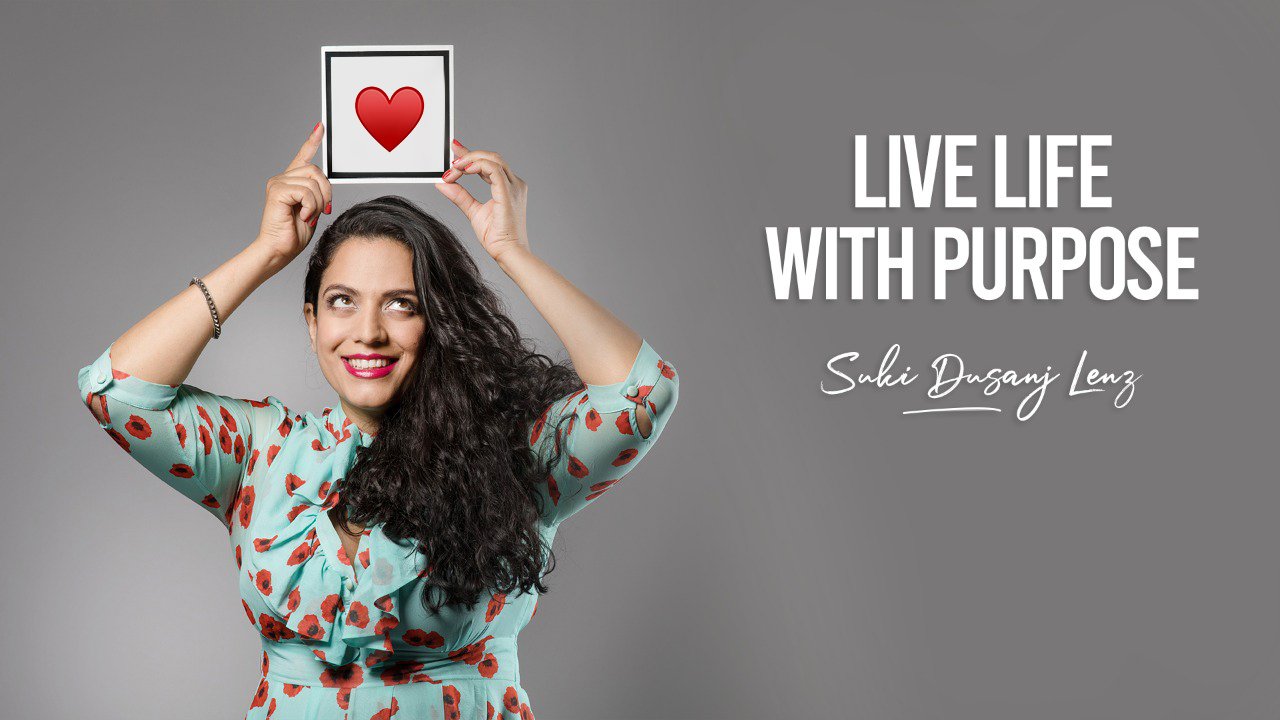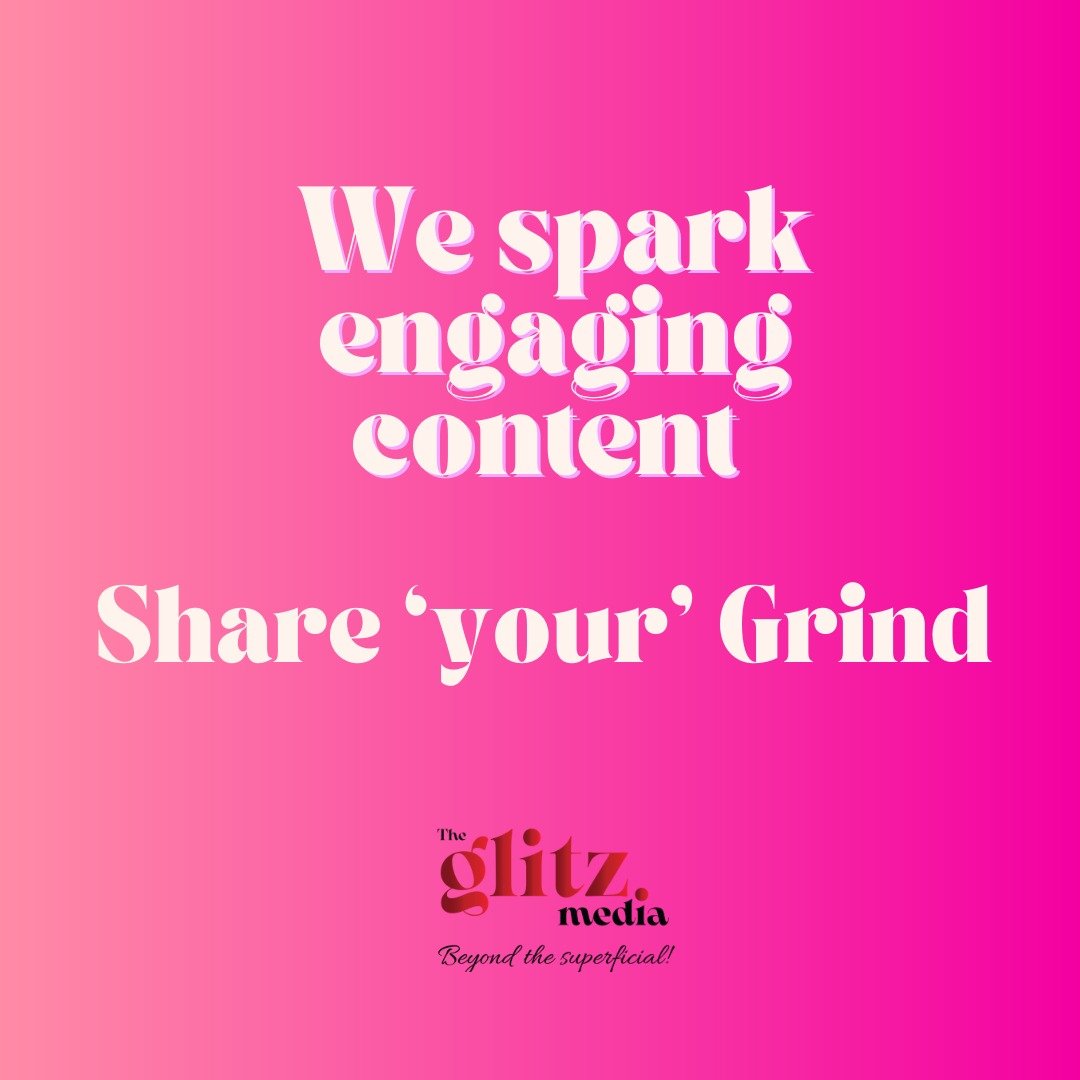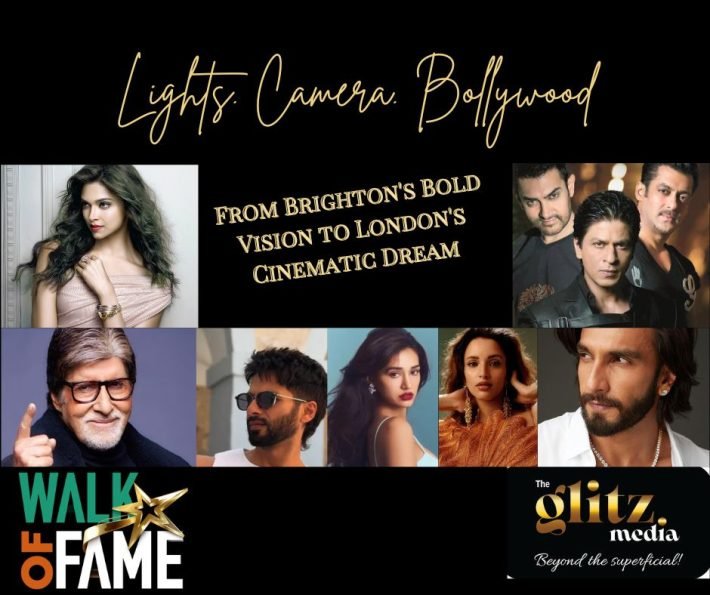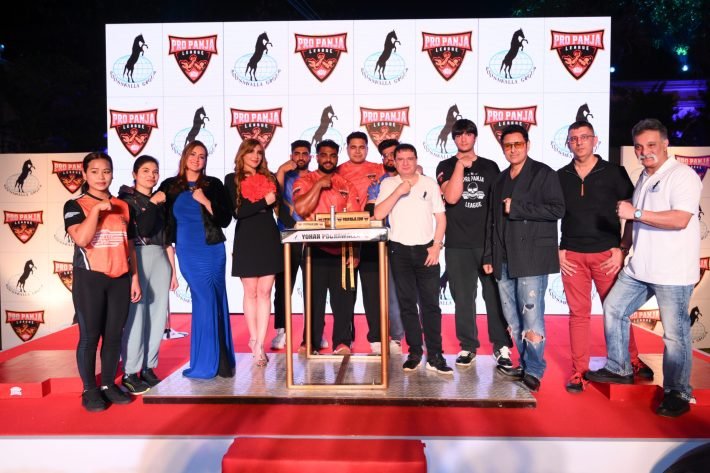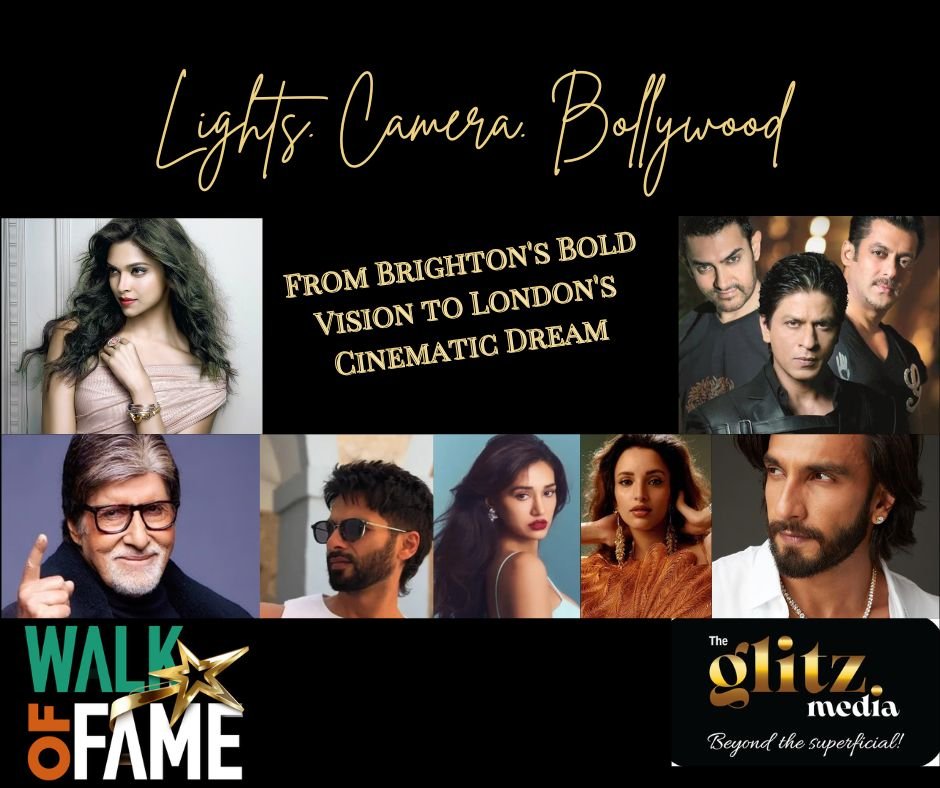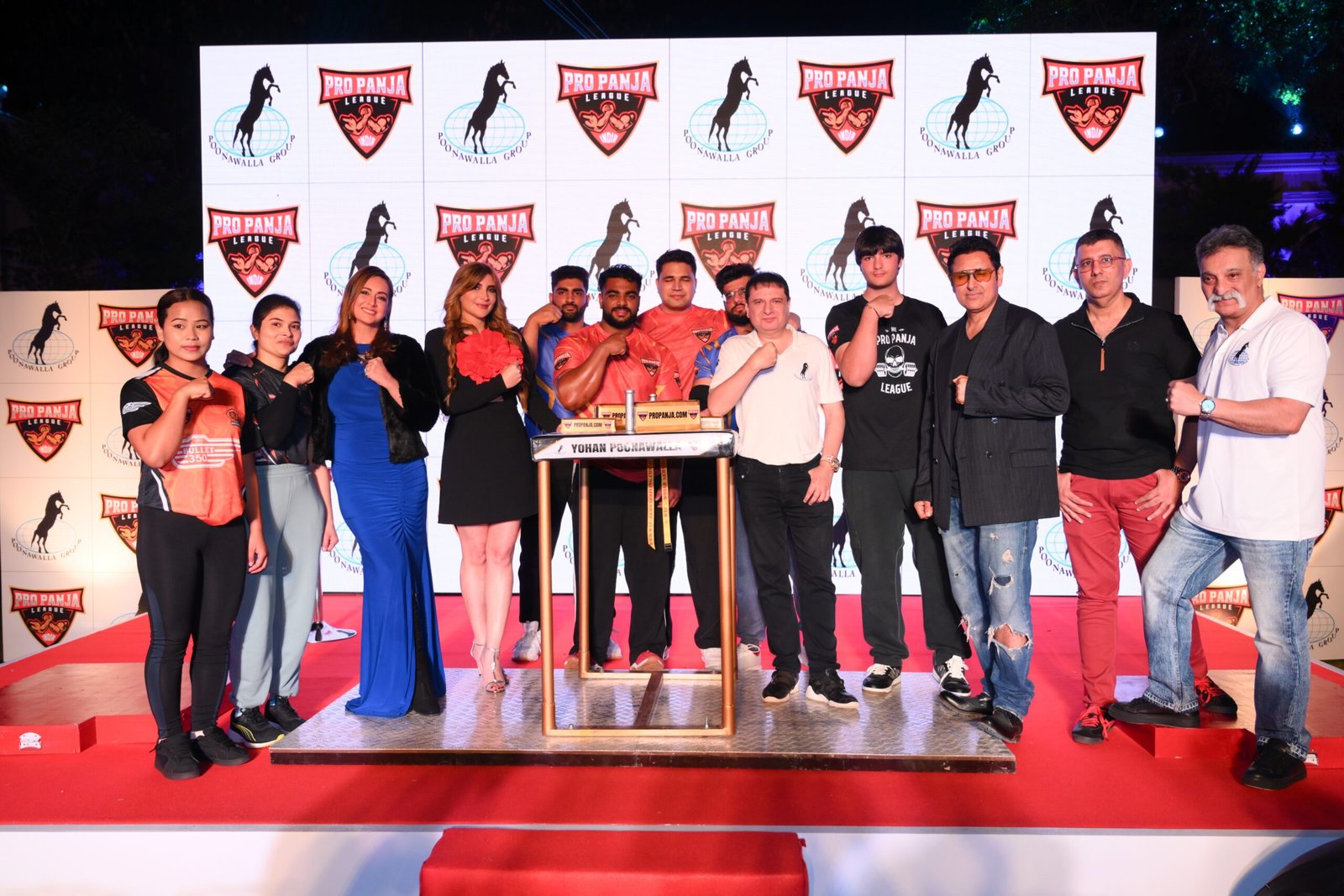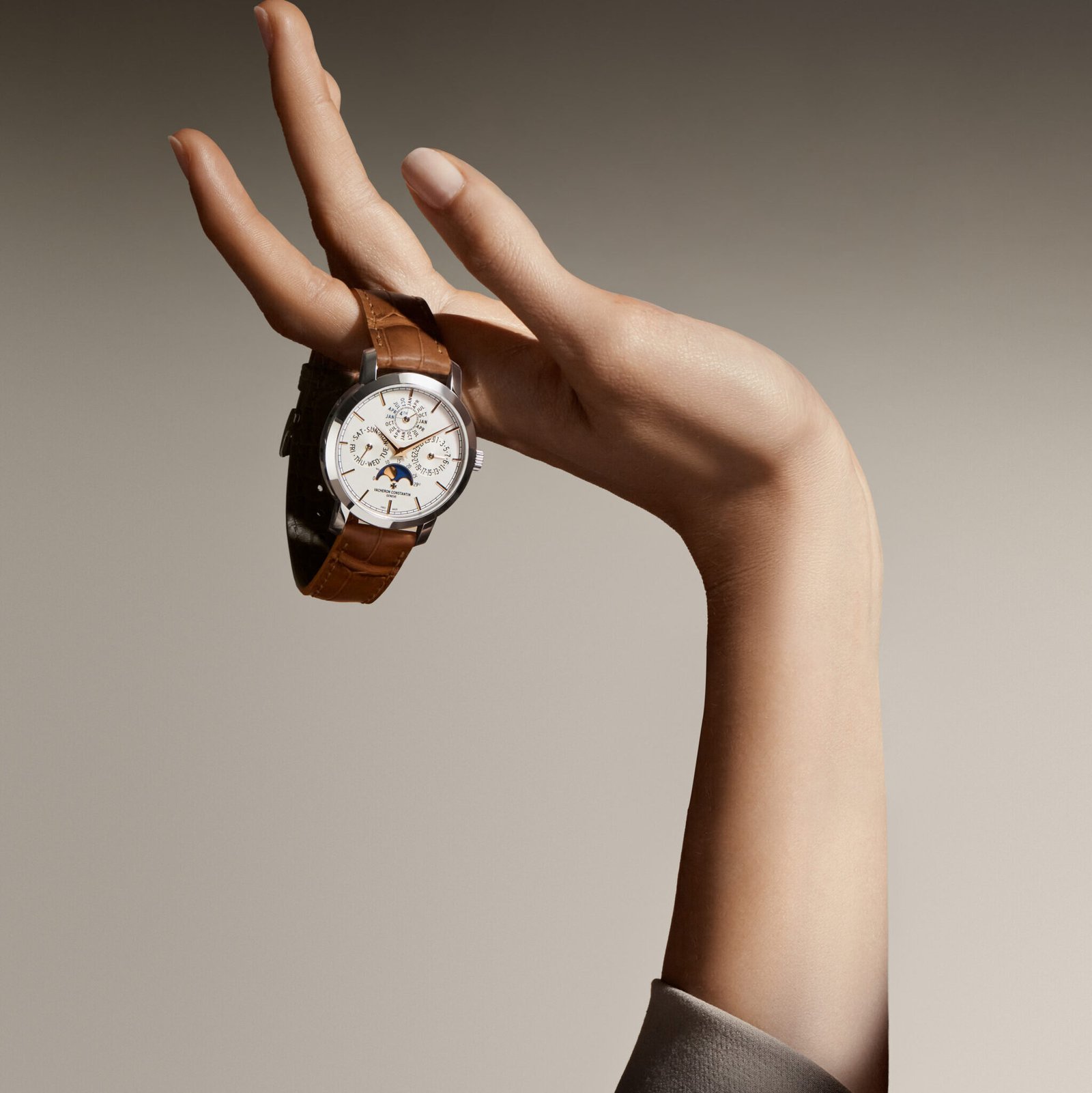A fearless voice in the realms of activism, representation, and ethical storytelling, Suki Dusanj-Lenz has carved a bold and unapologetic path that spans continents, causes, and cultures. As the Founder of Book of Rebel Asians and Once Upon a Media, Suki stands firmly at the intersection of truth and transformation, creating platforms that challenge silence, confront injustice, and celebrate the power of lived experience. Whether it’s mentoring women across borders, calling out performative allyship, or using fashion as a vehicle for protest, Suki’s work is rooted in moral clarity and fearless disruption.
Suki Dusanj-Lenz doesn’t just advocate for change, she ignites it. Her work is a fearless, unrelenting pursuit of truth, powered by unapologetic disruption. She’s not here to navigate broken systems, she’s here to dismantle them, challenge every norm, and rebuild something sharper, stronger, and radically more just. Suki doesn’t believe in fitting into the mould, instead, she breaks it wide open.
In this exclusive interview with Sumita Chakraborty, Editor-in-Chief, TheGlitz, Suki Dusanj-Lenz talks about reclaiming identity, navigating resistance, and why standing in your truth… no matter the cost, is the fiercest form of power.
Over To Suki Dusanj-Lenz

From “Book of Rebel Asians” to “Once Upon a Media,” your work continues to challenge narratives and redefine representation. What was the moment that made you realize that the journey needed to be disrupted… and that you were the one to do it?
Suki: I’ve always loved real stories — the kind that live between the lines. Once Upon a Media was born from that love, helping people and brands own their narrative with clarity and integrity.
Book of Rebel Asians had been simmering in me for years. I wanted to start blogging back in the early 2000s, and Gav Lawson from THTC helped me come up with the name – it instantly resonated. I was deep in social justice work at the time, with the Burma Campaign and later Sam Roddick, just after Anita (founder of Body Shop) passed away.
The disruption wasn’t one big moment it was many quiet ones. Watching others control the narrative while so many of our stories stayed untold. I realised I didn’t want to wait anymore. I wanted to make space for protest, pride, and the power of our lived histories. So I did.
What exactly is the Book of Rebel Asians and what is the goal you are trying to achieve?
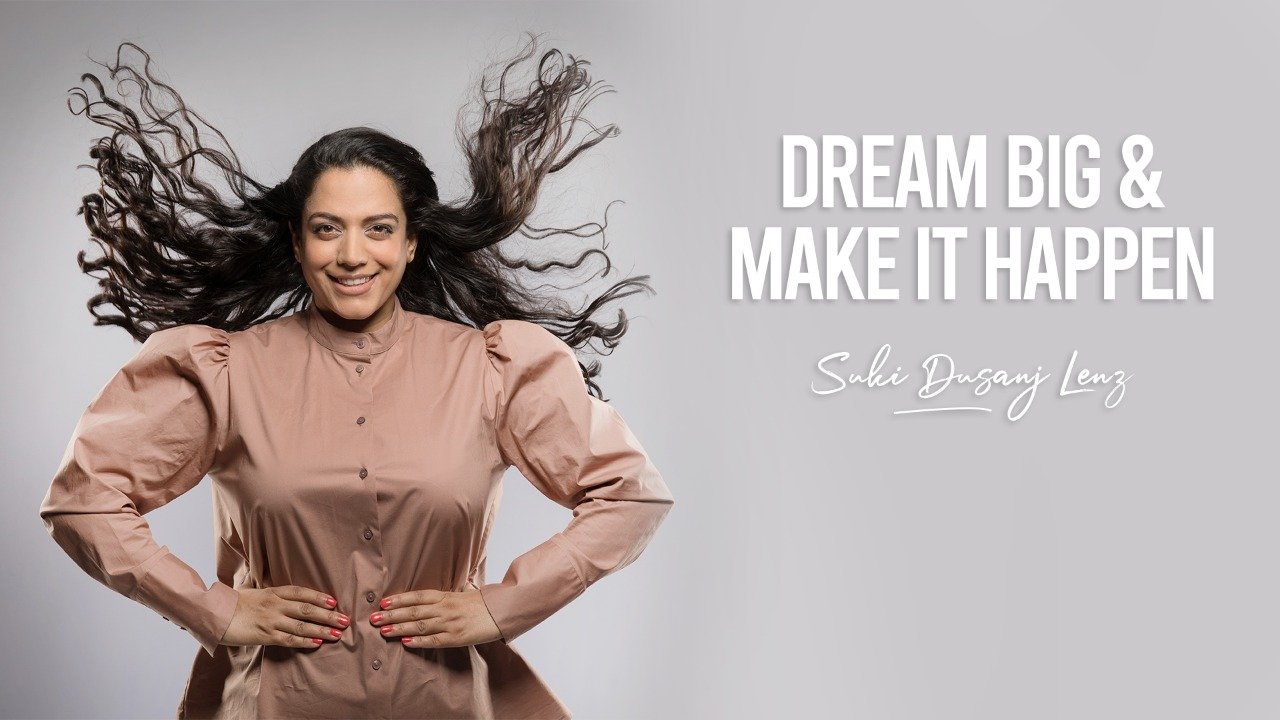
Suki: Book of Rebel Asians is a voice – a platform that celebrates the brave, the vulnerable, and the unapologetically outspoken. It exists for those who don’t fit the mould, who challenge silence, and who carry history with them from homeland to diaspora.
The goal is to honour the generations before us, inspire those who come after, and remind all of us, especially now – to take a stand. This project has a political stance. It’s not neutral. It stands firmly on the side of justice, resistance, and truth.
There’s also a printed book in the works, a collection of stories, interviews, and portraits of rebel Asians across the globe. It’s a living archive, a love letter, and a reckoning — and I can’t wait to bring it into the world.
Through story, protest, memory and voice, Book of Rebel Asians is here to amplify those who’ve always spoken up and those just beginning to.
Many talk about diversity, but few embody it the way you do… across culture, gender, and advocacy. Have you ever felt resistance from within the industries you’re trying to transform? How do you navigate that pushback?
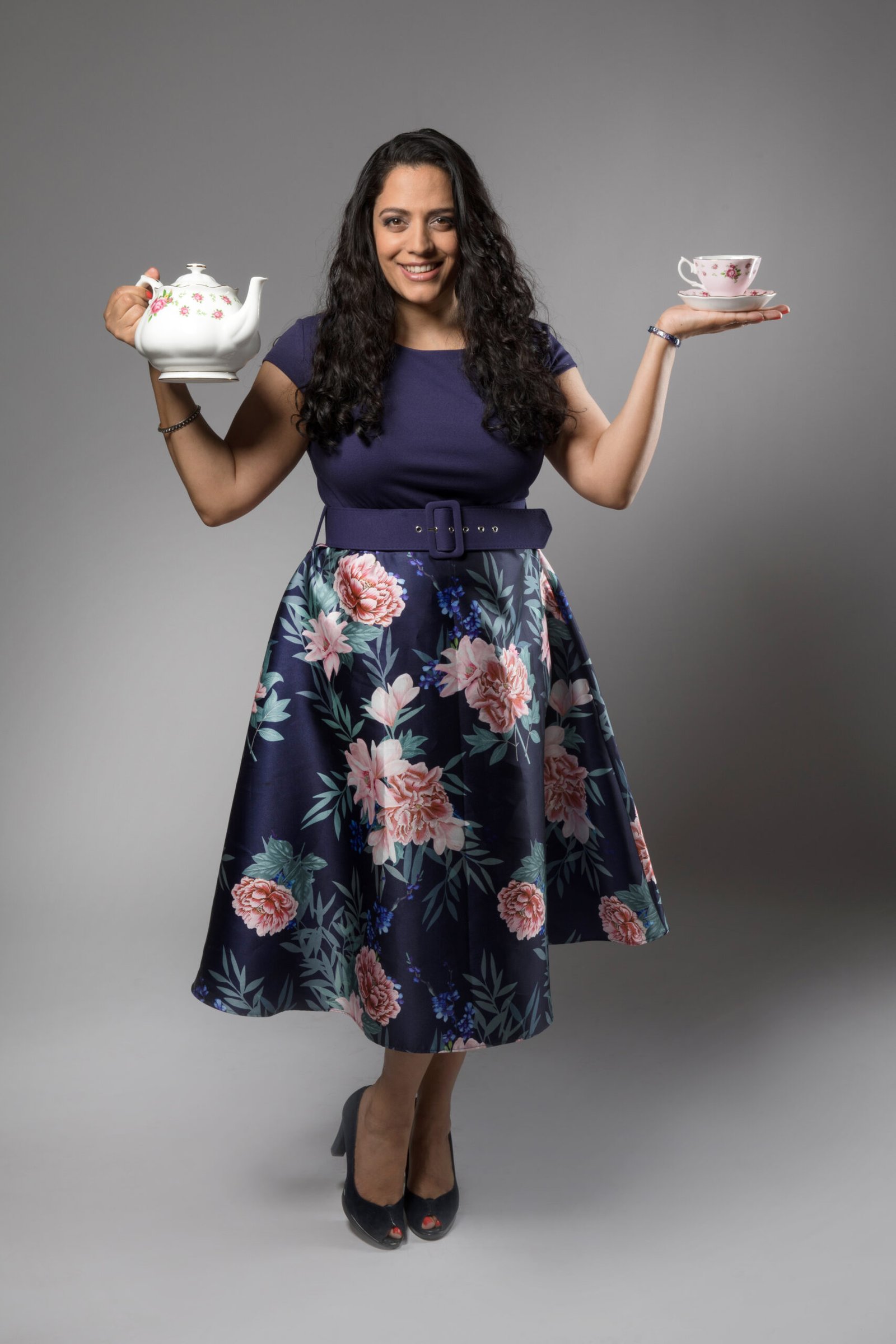
Suki: Thank you. I’m genuinely humbled that it’s seen. Yes, there’s always resistance to change and accepting that has become part of my learning. If you want to shift systems, resistance isn’t the exception – it’s the path.
I’ve learned not to fight every tide. Sometimes, it’s not about pushing harder, it’s about creating new flows entirely. Why fight the old when you can build the new?
That said, the most challenging moments haven’t come from overt opposition, but from people who forget the mission. Individuals who steer organisations away from justice and toward ego. That’s when it gets tricky – when personal ambition takes priority over collective progress.
In those moments, I try to hold steady to the compass: morality, integrity, and the bigger picture. I’ve learned to speak up – clearly and calmly. But before that, I did a lot of listening. A lot. And I still do.
The work is to stay agitated but stay grounded. Speak, but also stay open. That’s how transformation happens.
Your TEDx talk resonated with so many who’ve felt invisible or unheard. What were the personal battles behind that message and how did you find the courage to share them publicly?

Suki: When the TEDx opportunity came, I was still breastfeeding my newborn, juggling motherhood, work, and sleepless nights. I remember logging into Zoom calls with the TEDx team while feeding my daughter, switching to audio mode and saying, “I’m here, but you won’t see me for a while.”
It was during COVID, so the talk was fully online. I never had the live audience experience which, in hindsight, might have been a blessing. What drove me was the desire to leave a footprint of my voice for my daughter – to say: “Here’s what your mother stood for.” I also hoped it might inspire others to think before they buy. The theme was “a brighter climate future,” and I spoke about the fashion industry’s devastating environmental impact, something I’ve worked on for just over a decade as a founding member of Fashion Revolution.
We can’t talk about a brighter climate future without confronting fashion’s role in its destruction. My TEDx talk was my stand as an activist, a mother, and a woman who cares too much to stay silent.
As for courage – I honestly don’t know where it came from. What I do know is this: growing up, I was painfully shy. Scared to speak. I used to whisper when I should’ve shouted. That TEDx talk was me breaking that silence – for my daughter, for the planet, and for the version of myself that stayed quiet for too long.
Being part of the WICCI’S India-EU Business Council places you in unique conversations about power, policy, and progress. How do you use your seat at the table to influence change for underrepresented voices?
Suki: First and foremost, I show up. And I show up with the belief that there’s enough room and enough pie for everyone. So when we discuss challenges and opportunities across the India–EU corridor, I speak up, share insights, support others, and negotiate when needed. Representation only matters if you’re willing to use your voice once you’re in the room.
One of the most powerful initiatives we support is our mentorship programme for women. Many of us mentor emerging leaders. helping them take their next step or even rethink their path entirely. It’s about creating access, confidence, and clarity.
We’re also deeply committed to ending “MANels” – all-male panels that dominate conferences and policy events. Our team regularly sends organisers an ever-growing list of talented women working across the India–EU space, making it easier for decision-makers to include diverse and qualified voices from across industries.
And I have to say, the core group of women in the India–EU Business Council are brilliant. Sharp, driven, generous, and deeply inspiring. It’s a joy and an honour to be in their company, we hold each other up while making space for others to rise too.
There’s often a disconnect between performative allyship and real change. What’s one moment where you called it out… and what happened next?
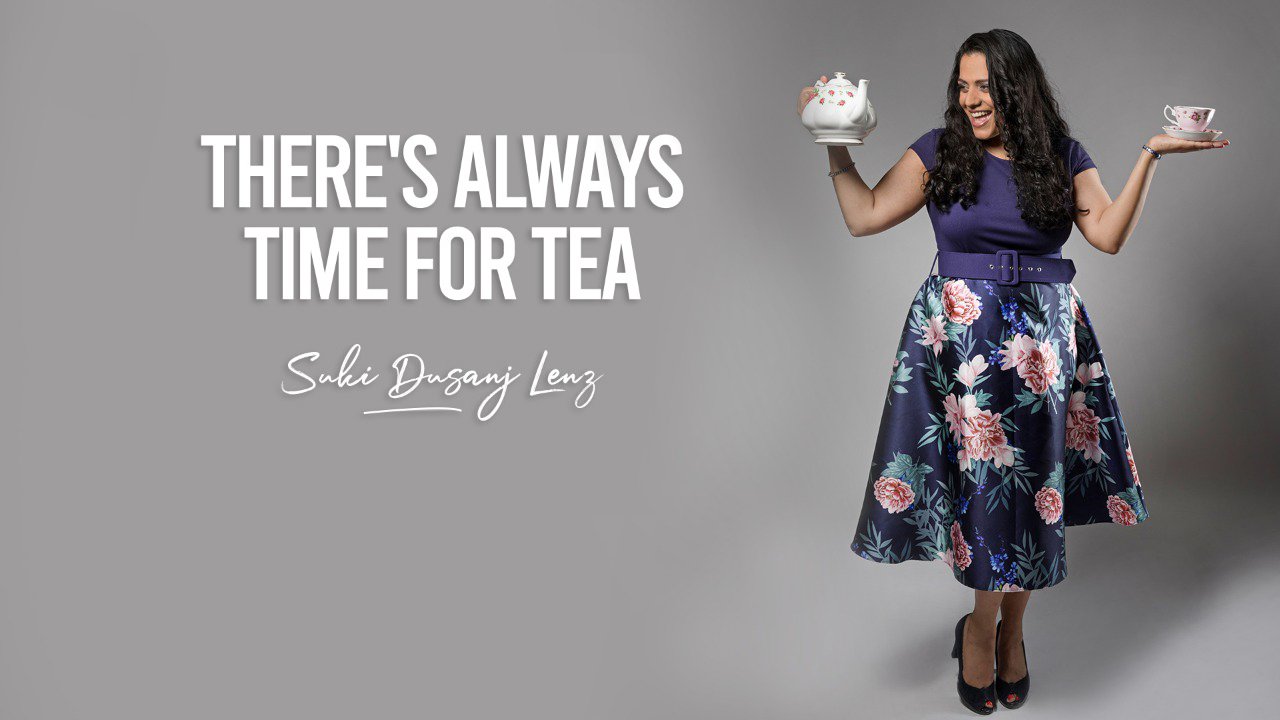
Suki: In my early twenties, I worked at a British Asian PR agency that publicly celebrated empowerment and inclusion but privately operated with toxicity and fear. The founder, now known by many for her bullying leadership style, created a soul-crushing environment masked by glossy messaging. Her daughter was also part of the business it was very much a brand of surface-level allyship, with no real integrity behind the scenes.
I lasted about nine months – long enough to birth a baby, metaphorically speaking. I had my Jerry Maguire moment: I walked out, but not before telling her that her leadership lacked soul, and that fear was not a sustainable currency. It was one of the hardest, but most important lessons I’ve had.
That experience broke me for a while. I stepped away from PR for years. But it also clarified everything I didn’t want to become. Since then, I’ve been committed to building safe, generous, values-driven spaces rooted in care, not control.
And years later, I saw her again.
I was walking the red carpet at a film industry event, feeling powerful, radiant, and in full alignment with who I’ve become.
She saw me and looked away.
I chuckled inside.
…Because I felt fabulous. And that day, I walked the carpet in power, not performance.
That’s the difference.
You’re often described as unapologetic and bold. Was there ever a time when being that way cost you something? And if so, was it worth it?
Suki: Yes – it’s definitely cost me popularity, and at times, proximity to power. Being unapologetic can ruffle feathers, especially when you’re speaking truths that people don’t want to hear.
Once, while working in a large corporation, I noticed serious irregularities – numbers that didn’t add up, shady patterns that hinted at kickbacks and internal corruption. I did my own digging, pulled the threads, and wrote a detailed email to the senior leadership team. I said, “The numbers don’t make sense – something’s off.” I attached my findings, thinking I was doing the right thing.
What I didn’t realise at the time was that some of the people I had included in the email were directly involved in the misconduct. Oops.
I was eager, idealistic, and honest but I had no strategy. What I learned that day is this: some people are deeply invested in maintaining the illusion, and not everyone wants truth even when it’s backed with evidence.
So yes, it cost me. But was it worth it?
Absolutely. Because I’d rather lose approval than lose my integrity. And I’ve never regretted standing in truth even when it made the room uncomfortable.
Your journey spans continents and cultures. What has each place… be it India, Europe, or beyond, taught you about identity, resilience, and power?
Suki: Every place I’ve lived or worked in has shaped me – some gently, some like a storm.
The UK taught me about duality, what it means to live between cultures, to code-switch, to survive invisibility. It was where I first learned that being “othered” can either shrink you or sharpen you. I chose the latter.
India reconnected me to my roots, but also confronted me with the complexities of caste, gender, silence, and internalised colonialism. I thought I’d belong more easily — but I was unmistakably an NRI. Still, it’s my motherland, and I carry deep friendships from there. Working in India was the most competitive experience of my career — and one of the most formative. Reclaiming identity, I’ve learned, isn’t romantic. It’s radical, messy, and deeply personal.
Germany gave me structure, directness, and discipline. It also gave me visibility, the kind that comes from being the only one who looks like you in a room. That kind of space forces resilience, fast.
Switzerland, where I now live, has taught me to value slowness and precision. But it’s also a place where silence can be powerful or oppressive. Learning how to disrupt with grace here has been its own form of quiet activism.
Italy through my husband, who is half-Italian, and our summers there have given me something deeply nourishing: la dolce far niente, the sweetness of doing nothing. I’ve learned that rest, pleasure, and stillness are revolutionary too. Especially for women who are used to always proving themselves.
And then there was Jamaica, where I worked with prisoners on death row. That experience cracked me wide open. It taught me about justice stripped bare, about humanity at its most vulnerable, and about the brutal machinery of power. That kind of truth doesn’t just educate you – it transforms you.
Each place offered a different lens and together, they’ve helped me shape an identity that is fluid, self-authored, and unafraid. Power, I’ve learned, isn’t always loud. Sometimes it’s in stillness. Sometimes it’s in survival. Sometimes, it’s simply in choosing to speak when silence is expected.
If a young person reading this feels like they don’t belong or are “too much” for the world around them, what would you want them to hear directly from you, in this moment?
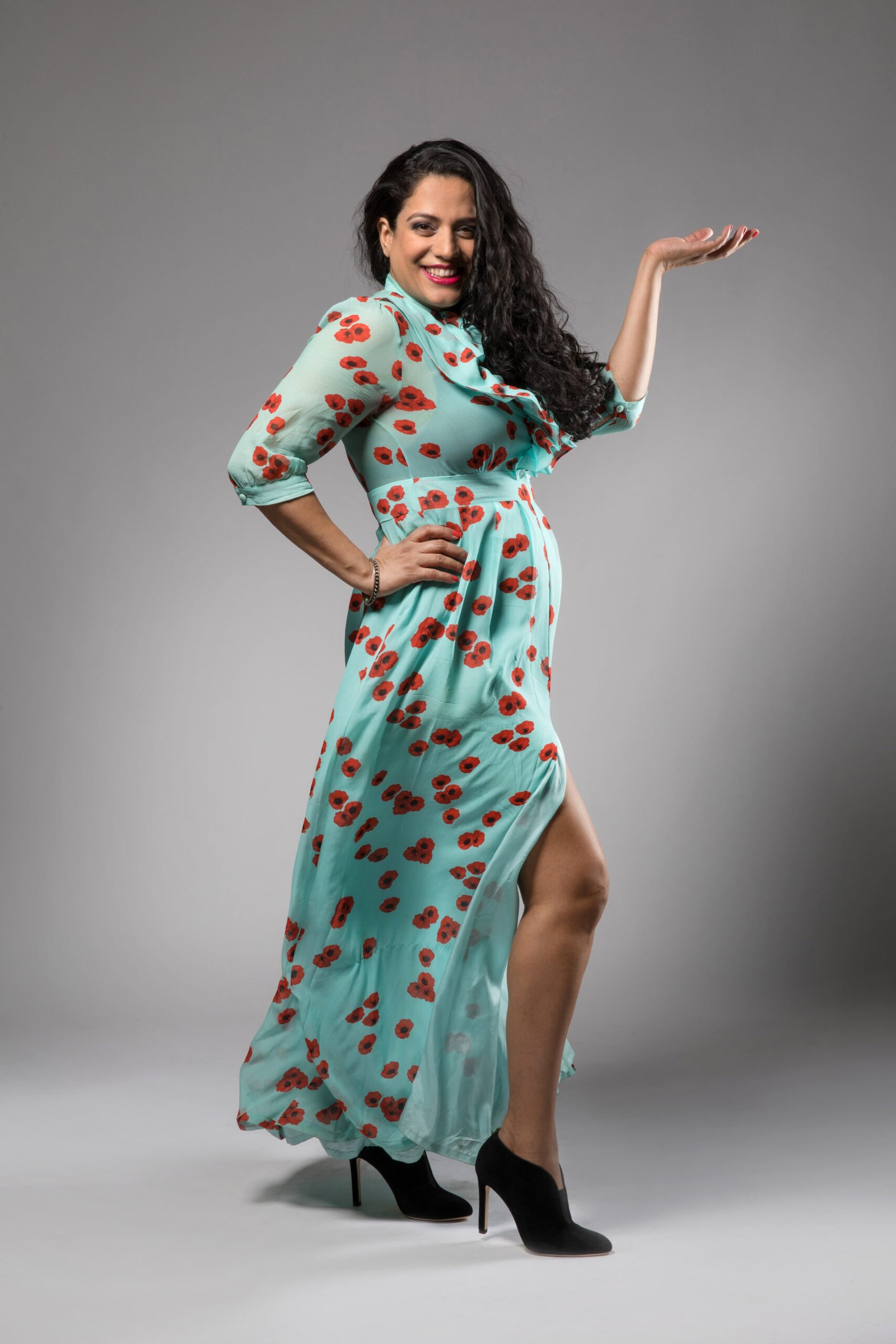
Suki: You are not too much – you’re enough. Commit to being a better version of yourself and be the person you have dreamt of becoming. Start now with small steps then bigger strides. In the workplace remember – If it isn’t working, it’s okay to move on. Not everything is yours to fix. Don’t stay in spaces that harm you just because you think you should be able to change them.
Lead with integrity, always – even when others don’t. Especially when others don’t. And please, go to therapy. Make it part of your journey. I’ve had two burnouts in over 20 years of working, and therapy has been life-changing. It helped me find my voice, my clarity, my fire and most importantly, myself. You deserve to feel seen.
“I’ve learned not to fight every tide. Sometimes, it’s not about pushing harder, it’s about creating new flows entirely. Why fight the old when you can build the new?”
– Suki Dusanj-Lenz
